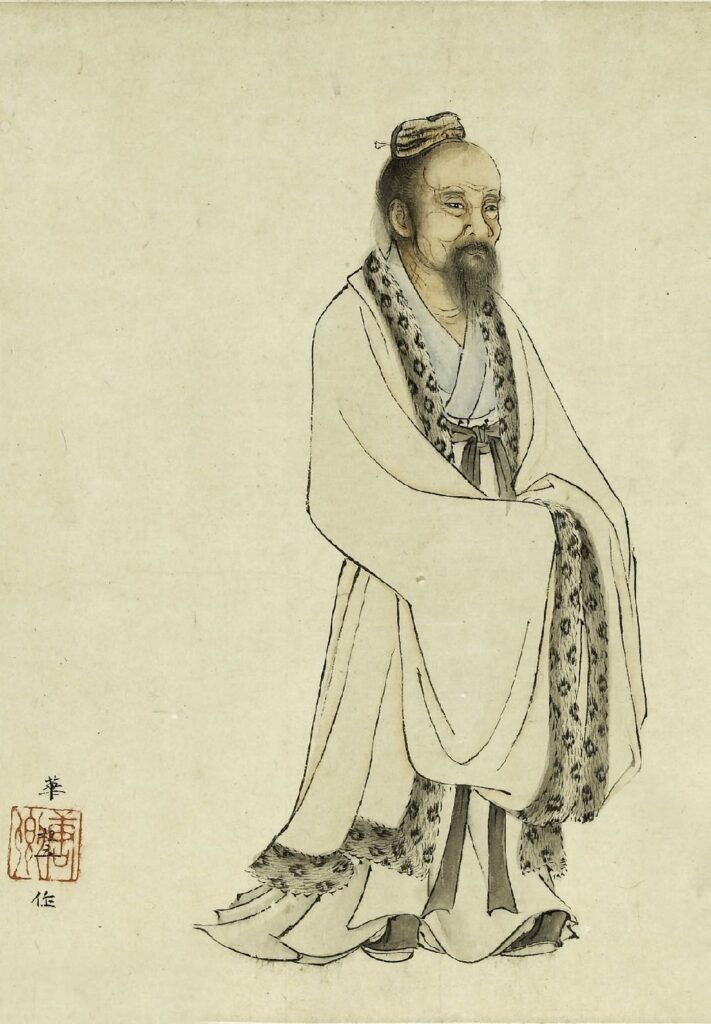“It is necessary,” argued Discontent, “to cling to reputation. If all pleasures are to be denied to the body and one’s energies to be concentrated upon health with a view to the prolongation of life, such life would be itself nothing more than the prolonged illness of a confirmed invalid.”
“Happiness,” said Complacency, “is to be found in contentment. Too much is always a curse, most of all in wealth.
“The ears of the wealthy man ring with sounds of sweet music. His palate is cloyed with rich meats and wine. In the pursuit of pleasure, business is forgotten. This is confusion.
“He eats and drinks to excess, until his breathing is that of one carrying a heavy load up a hill. This is misery.
“He covets money to surround himself with comforts. He covets power to vanquish rivals. But his quiet hours are darkened by diabetes and dropsy. This is disease.
“Even when, in his desire for wealth, he has piled up an enormous fortune, he still goes on and cannot desist. This is shame.
“Having no use for the money he has collected, he still hugs it to him and cannot bear to part with it. His heart is inflamed, and he ever seeks to add more to the pile. This is unhappiness.
“At home, he dreads the pest of the pilfering thief. Abroad, the danger of bandit and highwayman. So he keeps strict guard within, while never venturing alone without. This is fear.
“These six are the greatest of the world’s curses. Yet such a man never bestows a thought upon them, until the hour of misfortune is at hand. Then, with his ambitions gratified, his natural powers exhausted, and nothing but wealth remaining, he would gladly obtain one day’s peace, but cannot do so.
“Wherefore, if reputation is not to be enjoyed and wealth is not to be secured, how pitiable it is that men should harass their minds and wear out their bodies in such pursuits!”
From Chapter XXIX (Robber Che) of Chuang Tzu. Courtesy Gutenberg project.

Chuang Tzu (also Zhuang Zhou or Zhuangzi, literally “Master Zhuang”) was an influential Chinese philosopher and Taoist sage who lived around the 4th century BCE in a period of great development in Chinese philosophy, the Hundred Schools of Thought. He is credited with writing—in part or in whole—a work known by his name, the Chuang Tzu or Zhuangzi, which is one of the two foundational texts of Taoism, alongside the Tao Te Ching.
Image courtesy Hua Zili , Wikimedia Commons.
Taoism is a diverse philosophical and religious tradition indigenous to China, emphasising harmony with the Tao (way, road, path or technique). Taoist thought has informed the development of various practices within the Taoist tradition and beyond, including forms of meditation, astrology and feng shui. A common goal of Taoist practice is self-cultivation, a deeper appreciation of the Tao, and more harmonious existence. Taoist ethics emphasise such virtues as effortless action, naturalness, simplicity, and the three treasures of compassion, frugality and humility.
